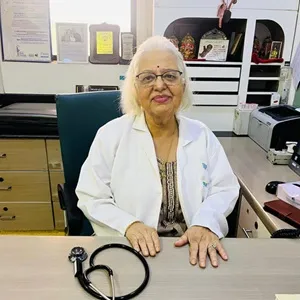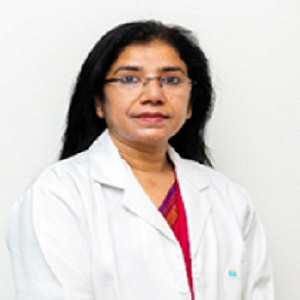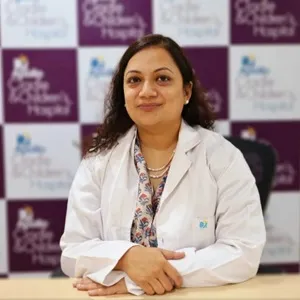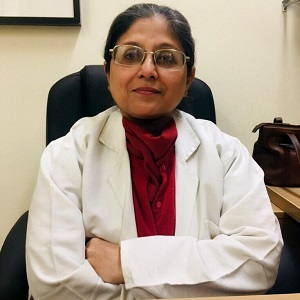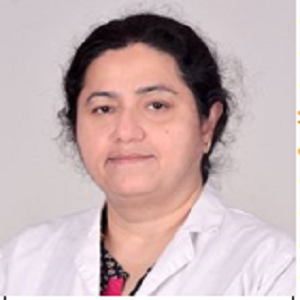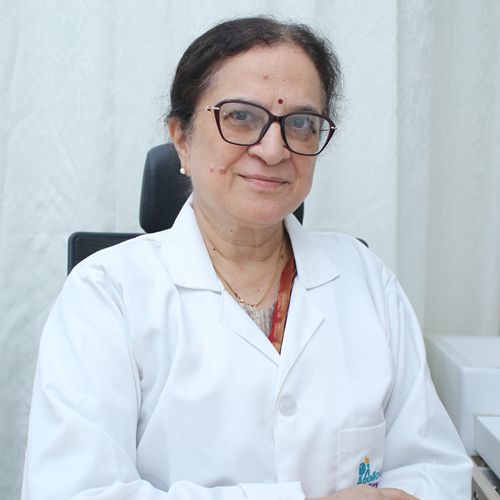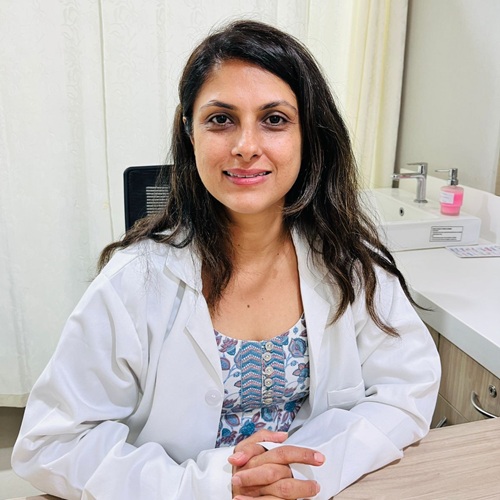What is Gynecology?
The Gynecology department in a hospital focuses on the diagnosis and treatment of conditions related to female reproductive organs and facilitates their reproduction process. Gynaecologists are medical doctors qualified to provide 360-degree medical treatment to women including surgeries as needed to treat certain conditions.
In addition to treating medical issues, Gynecology is frequently paired with Obstetrics, forming the combined discipline of obstetrics and gynaecology (OB-GYN). Obstetrics is a medical speciality that focuses on the care of women during pregnancy, childbirth, and the postpartum period.
The Gynecology department
There are several subspecialties within the field of gynaecology, including:
- Reproductive endocrinology and infertility: This subspecialty focuses on the hormonal and fertility issues related to the female reproductive system.
- Maternal-fetal medicine: This subspecialty focuses on the care of pregnant women and their fetuses.
- Gynecologic oncology: This subspecialty focuses on the diagnosis and treatment of gynecologic cancers, such as ovarian cancer and uterine cancer.
- Pediatric and adolescent gynaecology: This subspecialty focuses on the care of female reproductive health in children and adolescents.
- Menopausal and geriatric gynaecology: This subspecialty focuses on the care of women during and after menopause, as well as the care of older women.
Common illnesses in the Gynaecology department
Some common illnesses and conditions that may be seen in a gynaecology practice include:
- Menstrual disorders: These include conditions such as irregular periods, heavy periods, premenstrual syndrome (PMS), and menopause.
- Gynaecological infections: These include sexually transmitted infections (STIs) and infections of the reproductive organs, such as pelvic inflammatory disease (PID).
- Uterine conditions: This includes conditions such as fibroids, endometriosis, and uterine prolapse.
- Ovarian conditions: This includes conditions such as ovarian cysts and polycystic ovary syndrome (PCOS).
- Breast conditions: This includes conditions such as breast cancer and benign breast tumours.
- Pregnancy: This includes care during pregnancy, childbirth, and the postpartum period.
Diagnosis & treatment of Gynecology illnesses
Gynaecologists may use a variety of diagnostic techniques to identify and evaluate conditions affecting the female reproductive system. These can include:
- Physical exams: Gynecologists may perform a physical exam to assess the overall health of the reproductive system and identify any abnormalities.
- Pap tests: A Pap test involves collecting cells from the cervix to check for abnormal cell growth or cancer.
- Pelvic exams: During a pelvic exam, the gynaecologist will examine the pelvis to assess the health of the reproductive organs.
- Ultrasounds: Ultrasounds use sound waves to create images of the reproductive organs and can be used to identify abnormalities or assess the health of a pregnancy.
- Biopsies: A biopsy involves collecting a small sample of tissue for laboratory testing to diagnose a condition or determine the presence of cancer.
Once a diagnosis has been made, the gynaecologist will develop a treatment plan to address the condition. Some common treatments in gynaecology include:
- Hormonal therapy: This involves using medications to regulate hormones and manage conditions such as menopause or PCOS.
- Antibiotics: These may be used to treat infections such as PID or sexually transmitted infections.
- Surgery: Gynecologists may perform surgery to remove growths or repair damage to the reproductive system.
- Contraceptive counselling: Gynecologists may guide you on the use of contraceptives to prevent pregnancy.
In short, good gynaecological care is essential for the overall health and well-being of women. It facilitates a crucial process in the survival of the human race – reproduction, thus making it one of the most important departments in a healthcare facility.
Request an appointment at Apollo Cradle, Delhi-NCR - Chirag Enclave. Call 1860-500-4424 to book an appointment.
It is generally recommended that women start seeing a gynecologist around the age of 21, or earlier if they are sexually active or experiencing reproductive health issues.
It is commonly advised that women see a gynecologist annually for a preventive care visit. However, the specific frequency of visits may vary based on individual needs and circumstances.
While there is some overlap in the areas of care provided by Gynecologists (care of overall female health) and Obstetricians (care of pregnant women), they are distinct specialities within the field of medicine. Some medical doctors may be trained in both genecology and obstetrics, and are known as obstetrician-gynecologists, or OB-GYNs.
While Gynecologists are specialists in the care of the female reproductive system, men too can consult them for issues such as testicular pain or prostate cancer.
There is no inherent difference in the ability of male and female gynecologists to provide high-quality care. You should prioritize factors such as personal preference, communication style, and the provider's training and experience while choosing a gynecologist over their gender.
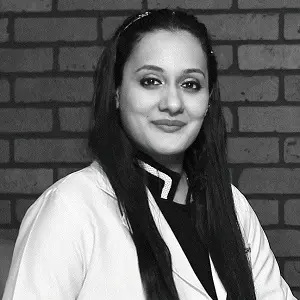
 95% Patient Satisfaction Score
95% Patient Satisfaction Score

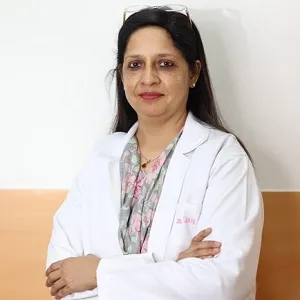


.webp)

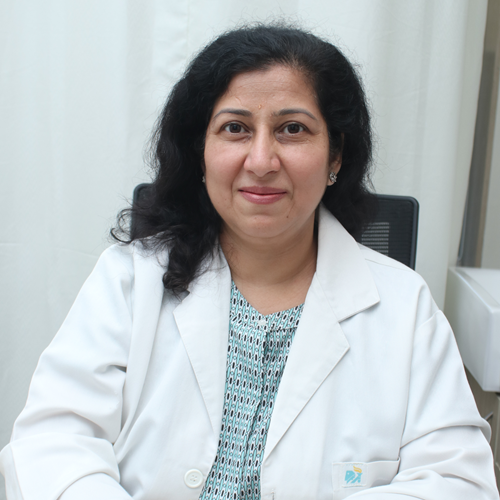


.webp)

